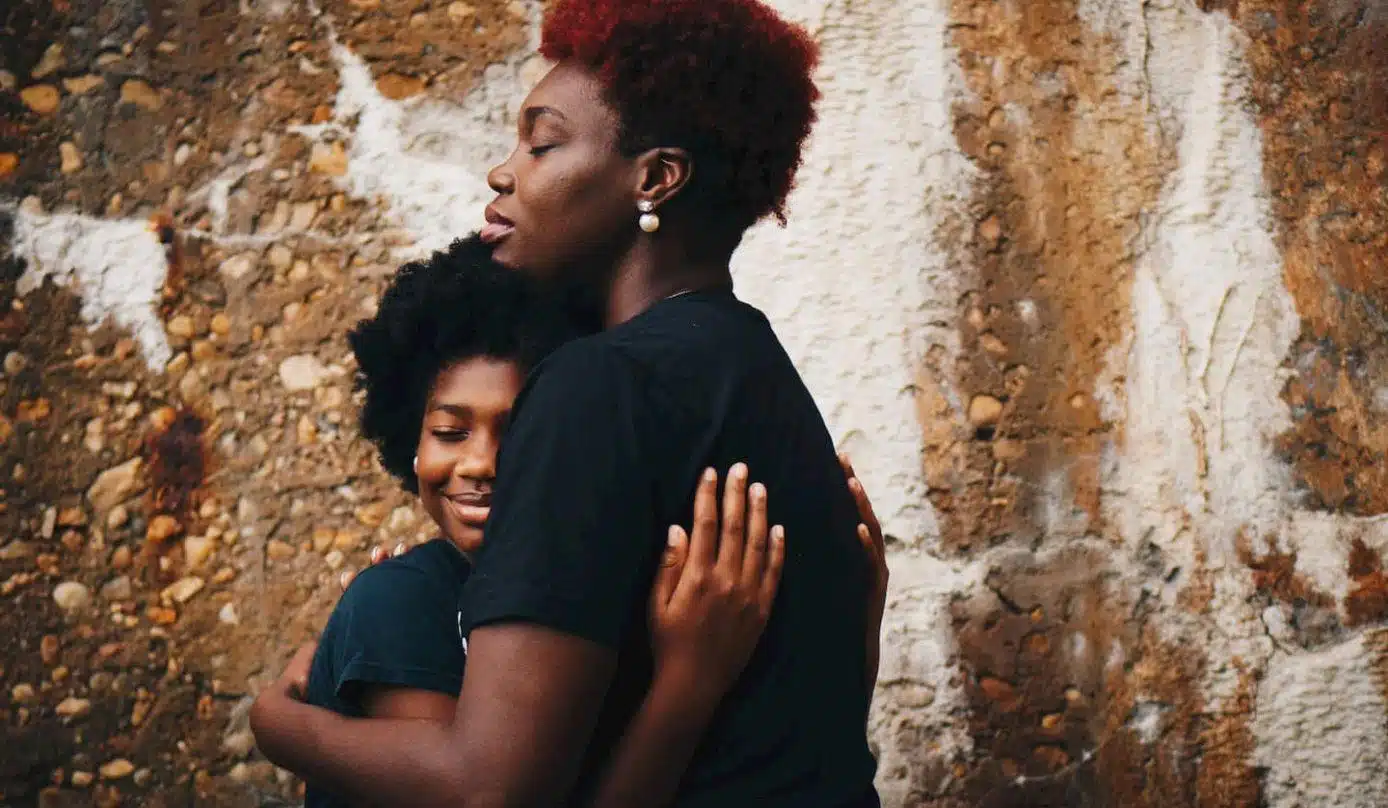Gratitude and mental health in teens go hand in hand. The power of gratitude can change lives. It can take us from depression and darkness into a world of possibility and light.
Therefore, gratitude can play a fundamental role when it comes to adolescent mental health. Studies show that making gratitude part of daily life boosts psychological health, enhances empathy, and improves self-esteem. At our residential treatment centers for teens and young adults, we see examples of this every day.
The Power of Gratitude for Recovery
Being grateful doesn’t always come naturally to teens. An ungrateful teenager is a stereotype that we’re all familiar with. In part, that’s because young people don’t have the life experience or perspective that nurtures gratitude. Moreover, it’s because they don’t have the tools to cultivate the power of gratitude.
Consequently, the Newport Academy treatment model teaches many ways to practice gratitude. Hence, that starts with setting positive intentions at the breakfast table each morning. They spend time in nature in Adventure Therapy sessions; feel the animal-human connection in an equine therapy session; and appreciate their body’s strength and ability in yoga classes. Before bed, they meet to make a gratitude list and talk about what went well that day. These practices facilitate a sense of connection and give teens a new set of tools for regulating their emotions.
There’s often a strong sense of isolation in mental illness and substance use disorder. Teens become introverted and closed off. They can feel hopeless. Gratitude practices create awareness of the good things in their life, and help minimize the risk of raising an ungrateful teenager. Moreover, when teens share their gratitude lists, they tend to bond more closely. As a result, they have a feeling of belonging and being part of a group—which, in turn, creates more gratitude.

Gratitude: An Evidence-Based Practice
Research validates the power of gratitude to enhance mental health. Studies show that savoring what’s good in your life generates happiness and positive emotions. Moreover, it counteracts the negative effects of trauma and adverse childhood experiences. And it builds resilience for navigating challenges in the future.
Researcher Robert Emmons has looked closely at the link between being grateful and well-being. In one study, Emmons and his team divided participants into three groups. One group was asked to journal regularly about negative events. A second group was asked to write about what they were grateful for. And a third group wrote about neutral life events. The gratitude group consistently showed higher well-being measures in comparison with the other two. Hence, focusing on the good changes how we see our life.
Research by Barbara Fredrickson also confirmed this phenomenon. She found that people who cultivated grateful attitudes and other positive emotions in the aftermath of the 9/11 terrorist attacks showed more resilience against depression. Another study found that Vietnam War veterans with higher levels of gratitude experienced lower rates of Post-Traumatic Stress Disorder.
How to Practice Gratitude
Emmons emphasizes that gratitude is a choice. It’s a muscle we can strengthen through daily practice. Here are three ways to enhance the power of gratitude in your life. In addition, these practices can help parents who are wondering how to raise a grateful teenager.
Make a list, every day. Before you get out of bed every morning, list five things you’re excited about for the day. Furthermore, when you go to sleep at night, list five things you appreciated that day. Soon you’ll find yourself feeling and expressing gratitude outside of these scheduled times.
Reach out. A key part of learning how to practice gratitude is by building peer support and community. Hence, you create a ripple effect of appreciating one another. And it goes the other way, too: The more grateful you are, the more connected you feel. In a 2007 study, researchers found that people who practiced gratitude had higher levels of perceived social support. In addition, they had lower levels of stress and depression.
Make someone else happy. A study led by Martin Seligman, known as the father of positive psychology, found that a one-time act of thoughtful gratitude produced an immediate 10 percent increase in happiness and 35 percent reduction in depressive symptoms. That’s the power of gratitude.
What can you do today to cultivate an attitude of gratitude? If you or someone you love is struggling, please reach out and contact us. We are here to help.
Sources:
J Pers and Social Psych. 84 (2003) 377–389.
J Pers and Social Psych. 84(2) (2003) 365–376.
J Research in Pers. 42(2) (2008) 854–871.
Behavior Research and Therapy. 44(2) (2006) 177–199.
American Psychologist. 60(5) (2005) 410–421.
Image courtesy Eye for Ebony via Unsplash






